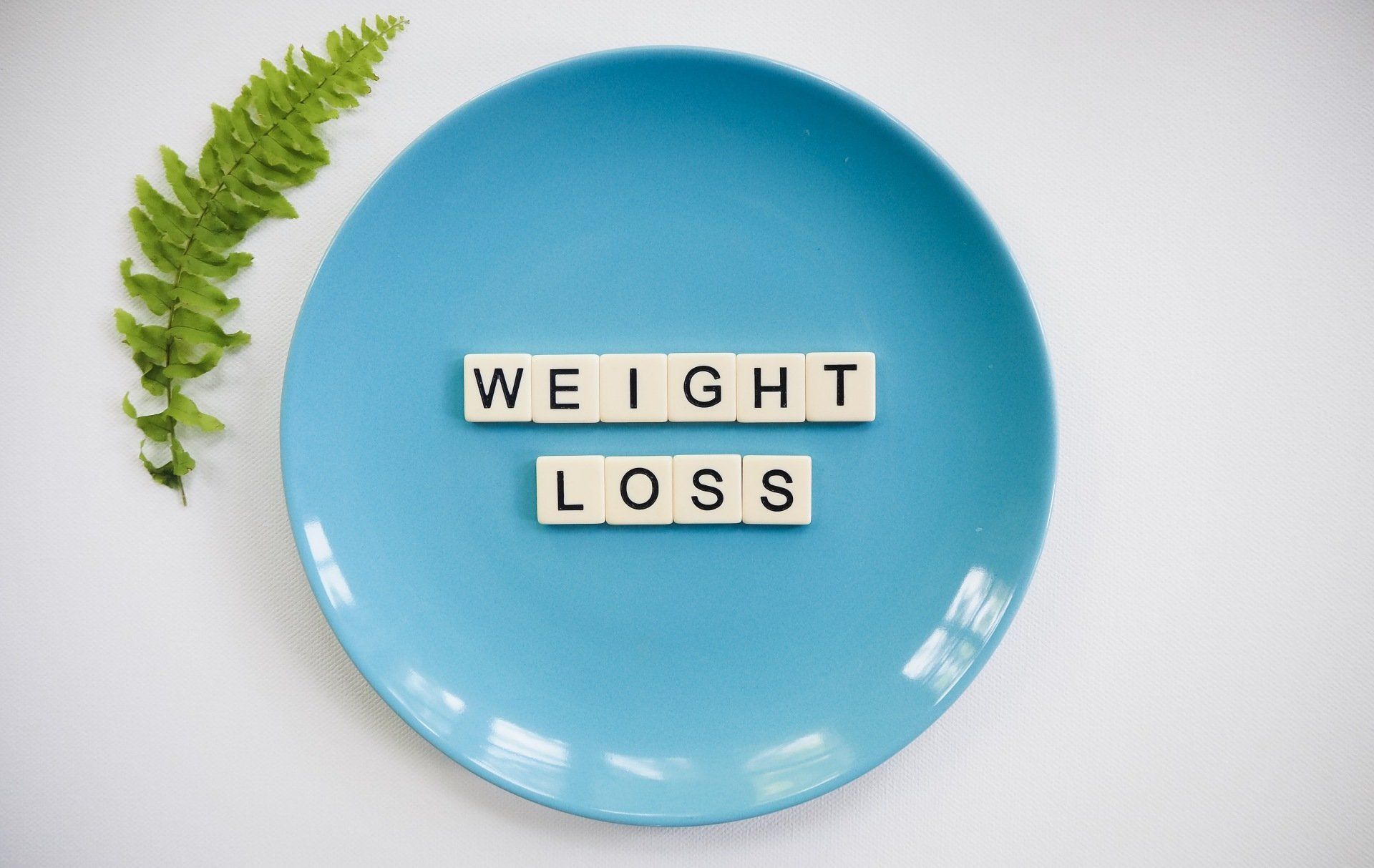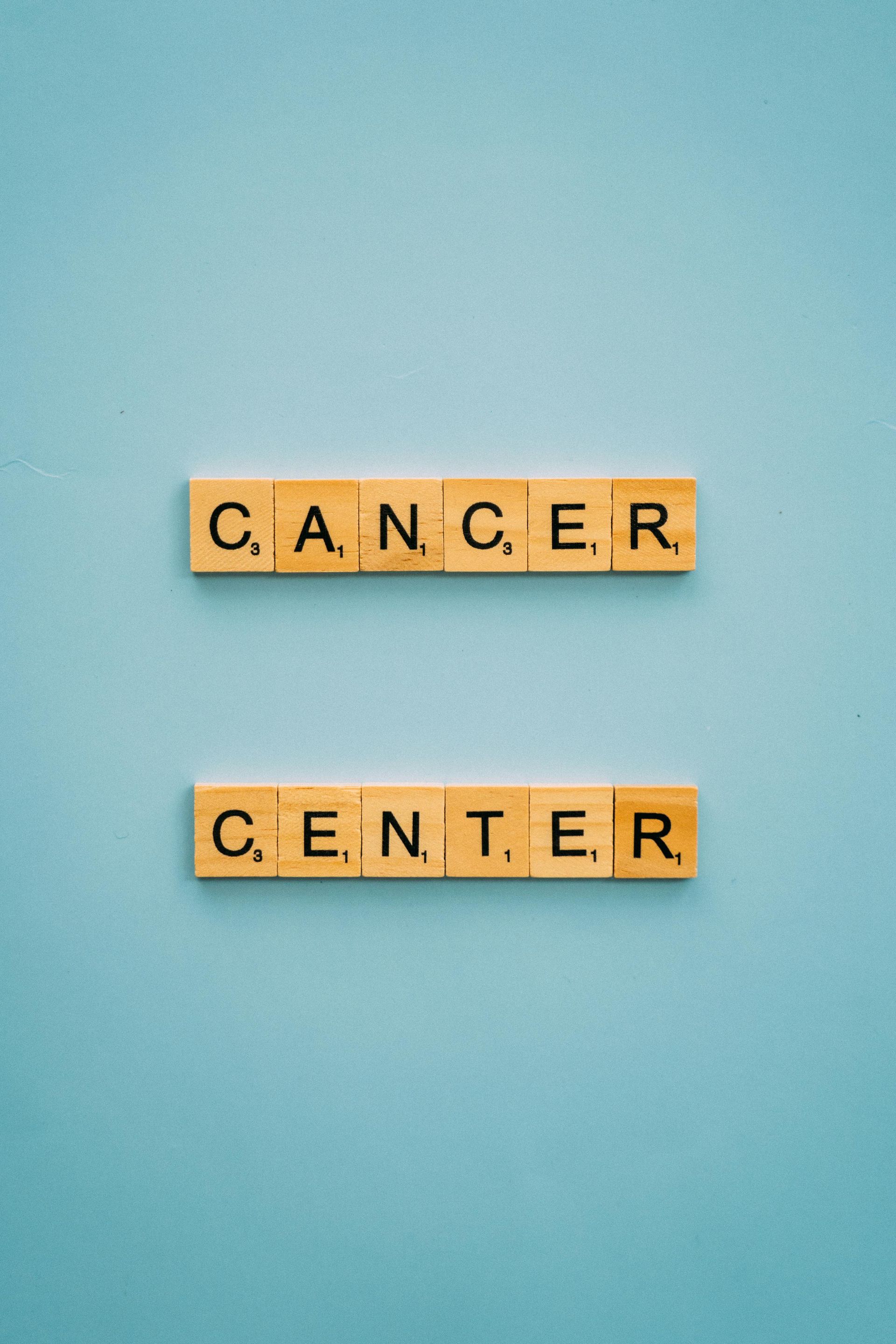Small cell lung cancer, will the ketogenic diet help?
NEWLY DIAGNOSED WITH SMALL CELL LUNG CANCER AND THINKING OF THE KETOGENIC DIET? WILL IT HELP?
Dear Dr. Tan,
I have small cell lung cancer, and it recently was also found inside my brain. Luckily the surgeons acted quickly and they removed most of the tumor in the brain. Now I am being told that I could still receive radiation, and possibly some chemotherapy. I am afraid of the side effects of chemotherapy and radiation. I am thinking of doing the diet alone, since it is readily available to me, and if I get any side effects, would you think they are small? Also, does this mean that I now also have brain cancer? Will the ketogenic diet help?
Anxious in Idaho
KETOGENIC DIET FOR SMALL CELL LUNG CANCER?
Dear Anxious in Idaho,
I am sorry to hear about your lung cancer. Even though it is also in your brain, you do not have brain cancer. Putting it simply, your small cell lung cancer was born in the lung and part of it decided to relocate to the brain. The stage simply changed, from limited , to advanced.
There are two main types of lung cancer, the nonsmall cell lung cancers, and the small cell variety. This is determined by how the cells appear to the pathologist under the microscope. There are many other types of less common lung cancers but we will limit our discussion to the small cell type.
Lung cancer of the small cell variety responds very well to chemotherapy and in many cases disappears completely after only a few months of treatment. The chemotherapy usually consists of a couple of drugs, Cisplatin and Etoposide, given via intravenous injection every three weeks. With the proper anti-nausea medication (we have several very effective ones now on the market), nausea and vomiting are no longer major problems. The radiation is also offered in some cases and will help shrink the cancer quickly but it will not be a cure either since relapses are very common.
Unfortunately most of these patients will have a relapse of their cancer within the first 1-2 years and eventually die of their cancer. Even with the early stage, which we call limited stage disease, the median survival time is 15–20 months and less than 15% of patients will survive up to 5-years.
With the more advanced stage which we oncologists call the "extensive stage", overall, patients only survive up to 12 months or less and less than 20% will be alive by 2 years.
Because of these dismal numbers, most patients are referred to clinical trials in hopes of benefitting from a new treatments that are not yet available to the public.
I would however, still recommend doing the chemotherapy and the radiation. They are called "standard of care" treatment, and although most patients relapse, it is still worth doing, since a temporary disappearance of the tumor can still mean a valuable improvement in "quality" of life, with "quantity" coming in second.
KETOGENIC DIET SAFETY ISSUES
As far as doing the ketogenic diet, previous small case series and pilot studies did show it to be safe, even in advanced cancer patients.
Long term studies in patients who did the diet for seizure control suggests a possible increase in gout and kidney stones. However, recent articles suggest otherwise, that gout could actually be prevented, by a ketogenic diet. https://www.medicalnewstoday.com/articles/316111.php
KETOGENIC DIET IN SMALL CELL LUNG CANCER
Currently there are no active trials involving ketogenic diets and small cell lung cancer patients.
The only other trial on lung cancer that I know of was conducted in "non-small cell lung cancer patients" and it was terminated recently due to poor recruitment.https://clinicaltrials.gov/ct2/show/NCT01419587
KETOGENIC DIET, IS IT WORTH TRYING IN SMALL CELL LUNG CANCERS?
Unfortunately I do NOT have the answer to that. We really need a clinical trial involving hundreds of small cell lung cancer patients in order to confidently say that a certain treatment will work. However, since the diet assumes that all cancers work on a similar metabolic platform, it is reasonable to think that the diet should "work" in all cancers that possess this type of metabolism, regardless of the organ of origin.
SPECIAL NOTE FOR DIABETICS
Diabetics also can do this diet successfully but under the monitoring eye of a medical doctor. Because most diabetics are on some form of glucose lowering drug such as insulin , glipizide or metformin, it is a good idea to watch the sugars closely because once one gets into a fasting state or ketogenic state, the blood glucose will inevitably drop, and being on these medication, will drop even further. There is the real danger of "hypoglycemia", a condition of having very low blood glucose/sugars ( lower than 40 mg/dl), which can lead to lightheadedness and even a life threatening condition known as "hypoglycemic shock".






